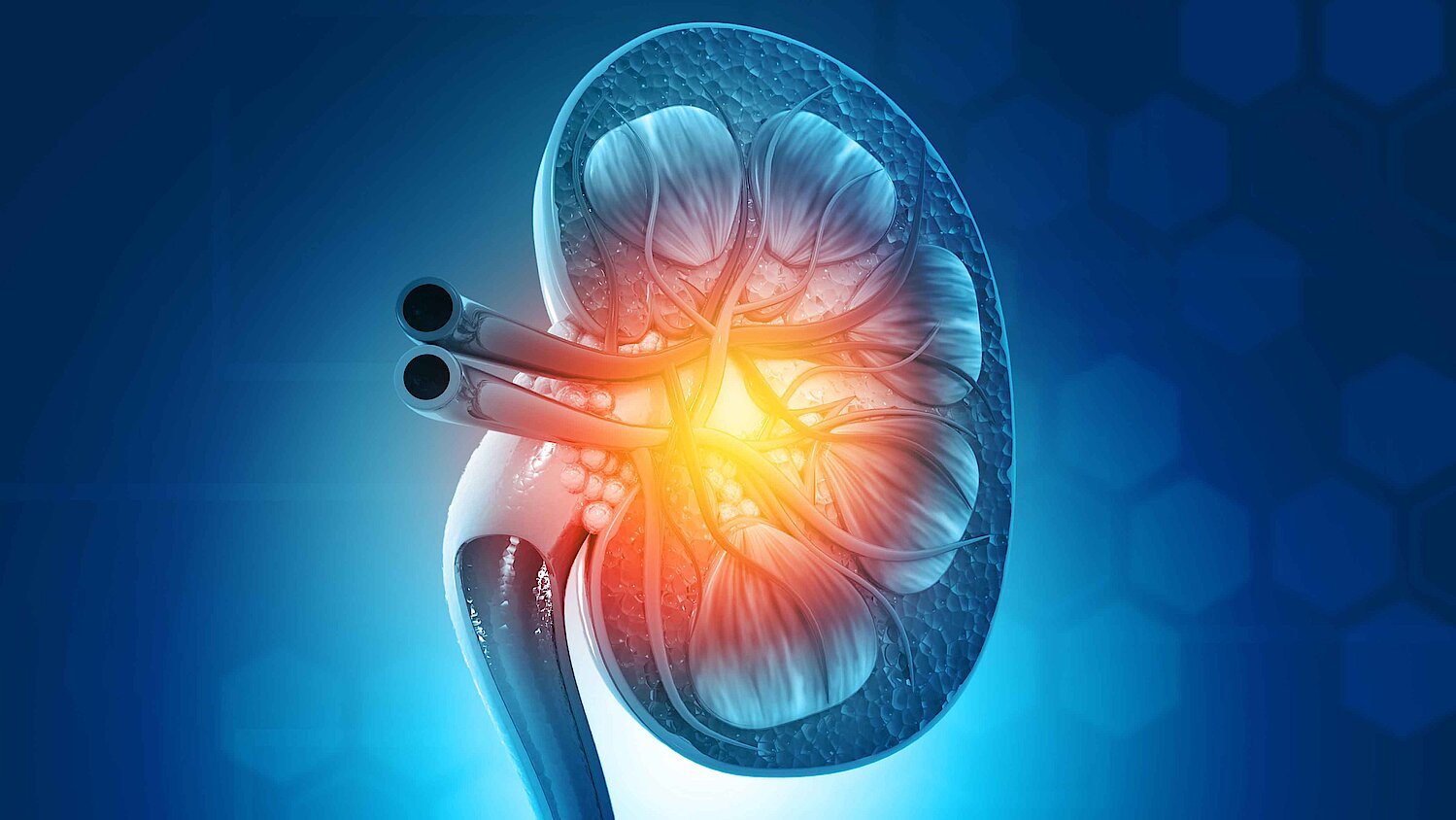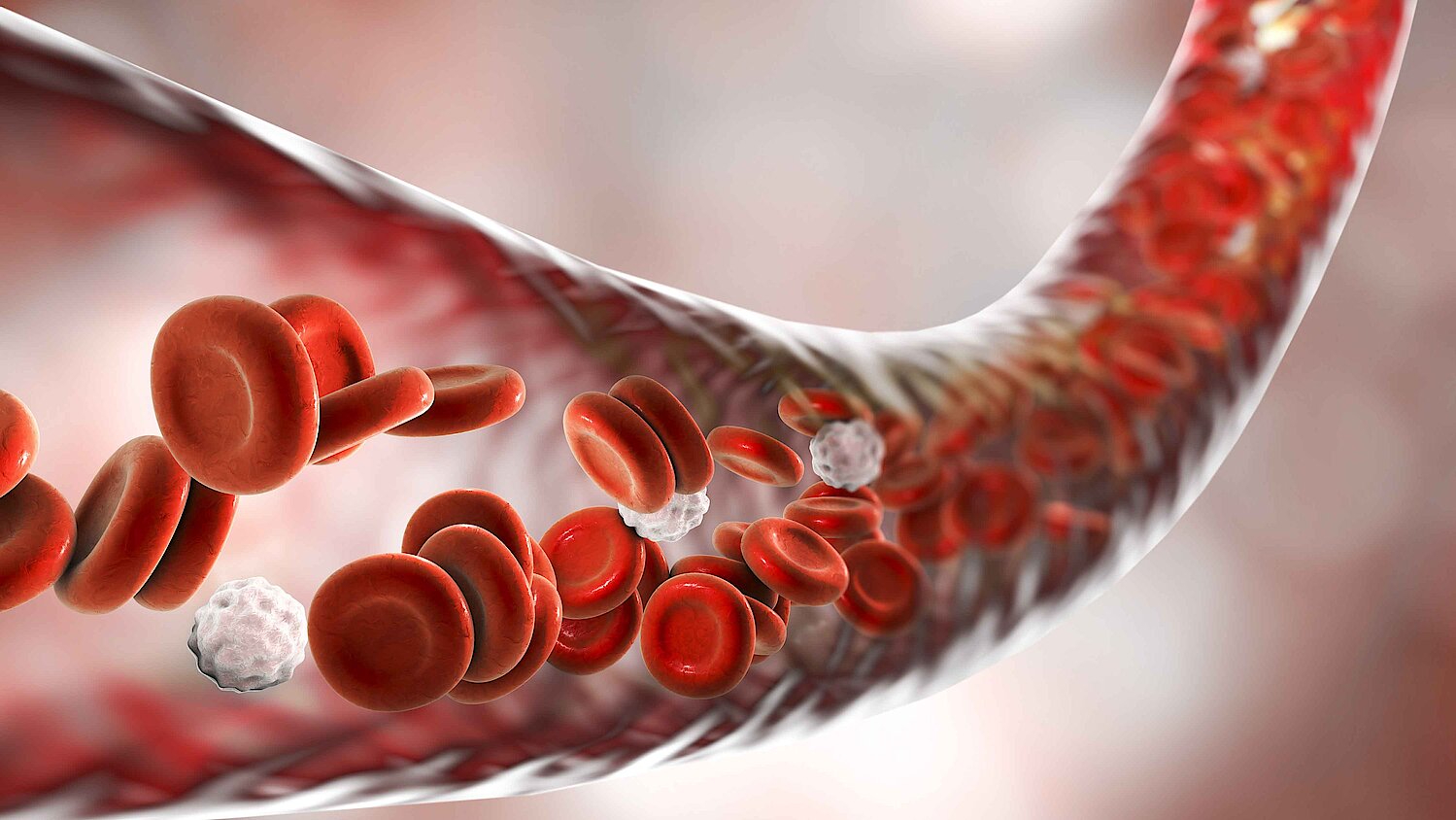Biomarkers for critical conditions
The biomarkers developed by SphingoTec address critical conditions that are a global healthcare burden. Worldwide about 49 million people suffer from sepsis (1) and 13 million from acute kidney injury (2). They are life-threatening diseases with high hospitalization costs. The innovative biomarkers aim at providing actionable information for improved patient management.
*Disclaimer
Sphingotest® penKid®, sphingotest® bio-ADM® are offered for research use only. “penKid” and “bio-ADM” represent the analytes Proenkephalin A 119-159, and bioactive Adrenomedullin 1-52 respectively.
Reference Literature
(1) Rudd et al. (2020), Global, regional, and national sepsis incidence and mortality, 1990–2017: analysis for the Global Burden of Disease Study, The Lancet.
View the paper
(2) Mehta et al. (2015), International Society of Nephrology's 0by25 initiative for acute kidney injury (zero preventable deaths by 2025): a human rights case for nephrology. Lancet.
View the paper



